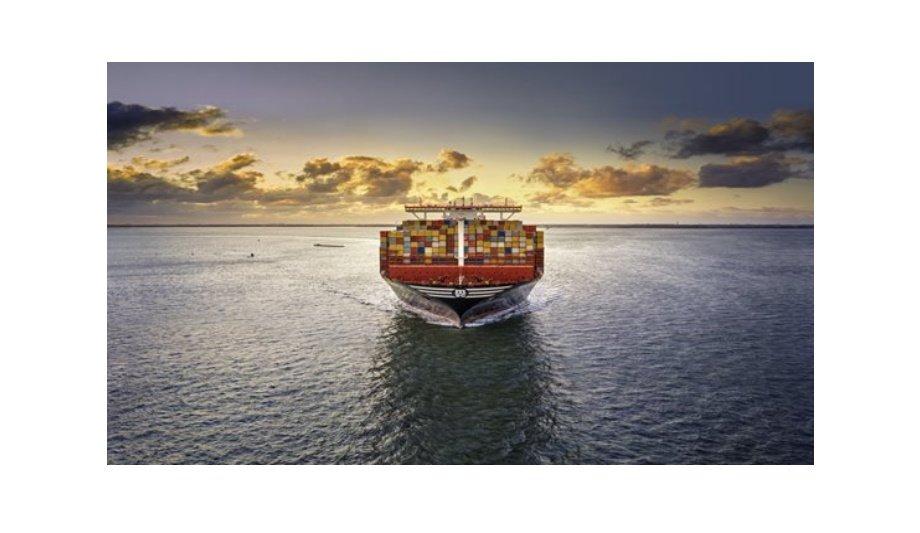Steady progress on the adoption of digital standards
Andre Simha, MSC’s Global Chief Digital and Information Officer, virtually took to the stage at TPMTech to investigate where the industry stands on the adoption of common processes and data format standards two years into a pandemic that has seen an acceleration in the uptake of digital solutions.
Andre cited the progress that the DCSA and member carriers have been making to simplify global shipping and trade
At the panel, led by Senior Editor of Technology, Eric Johnson and alongside Michele Sancricca, Head of Worldwide Tech Solutions, Supply Chain and Logistics at Amazon Web Services and Bill Dobie, Founder & CEO of SEDNA, Andre touched on the dichotomy that the COVID-19 pandemic has brought forward, affecting momentum around the standardisation of the container shipping industry, while also accelerating the trend towards digitalisation in shipping, as it’s shown the importance of engaging customers through different platforms.
Streamline international shipping and trade
Among the examples Andre cited to show the continuous progress that the DCSA and member carriers have been making to streamline international shipping and trade, were the multi-party collaboration (carrier, port, terminal, DCSA) on JIT port call standards in port environments; the Track & Trace standards, which have been adopted and rolled out to customers by seven out of the existing nine DCSA members, and the Future International Trade (FIT) Alliance signed by the DCSA and its members, in addition to BIMCO, FIATA, ICC and SWIFT collaborating to standardise the digitalisation of international trade.
When faced with the question of whether the adoption of standards should in fact see an acceleration, Andre explained that while the momentum was decelerated, it was never stopped and many wins have been achieved in the past two years: “I can understand a certain amount of frustration and impatience, and it’s true that some achievements are slow to come. But I think it’s fair to say that the COVID pandemic has placed huge strains on the industry and has - to a certain extent - reduced the speed of adoption of our DCSA industry standards," finally adding that "the validity of the standards and the motivation to adopt them is there, and working on establishing long-lasting foundations takes time.”
The evolution of the cold chain
To notice how the operational activities can support changing supply chain needs Focusing on reefer market trends, Tom Hughes, MSC USA’s Executive Vice President, Import stressed that the trends today are expected to continue into this year, with the seaborne perishable sector’s growth and containerised seaborne trade continuing to expand.
Tom went on to highlight that the level of engagement with shippers and forwarders has dramatically increased in the past couple of years, translating into the ability to find better and more efficient solutions for them. "To our customers, we need to show that we are much more than just asset operators, but a capable business partner who can add value, ideas and solutions: to listen and properly understand the customer and see how our operational activities can support their changing supply chain needs,” commented Tom.
MSC on a global front
MSC globally has expanded its shipments of refrigerated containers year on year - in 2021, MSC transported more than 2 million TEU of reefer cargo, topping the previous record of 1.9 million in 2020.
MSC continues investing in more reefer containers equipped with the latest technologies, including expanding our fleet for temperature-sensitive cargo, adding Controlled Atmosphere solutions, and increasing the dedicated teams of over 1,000 reefer experts, who are continuously trained to meet the growing reefer market demands.













